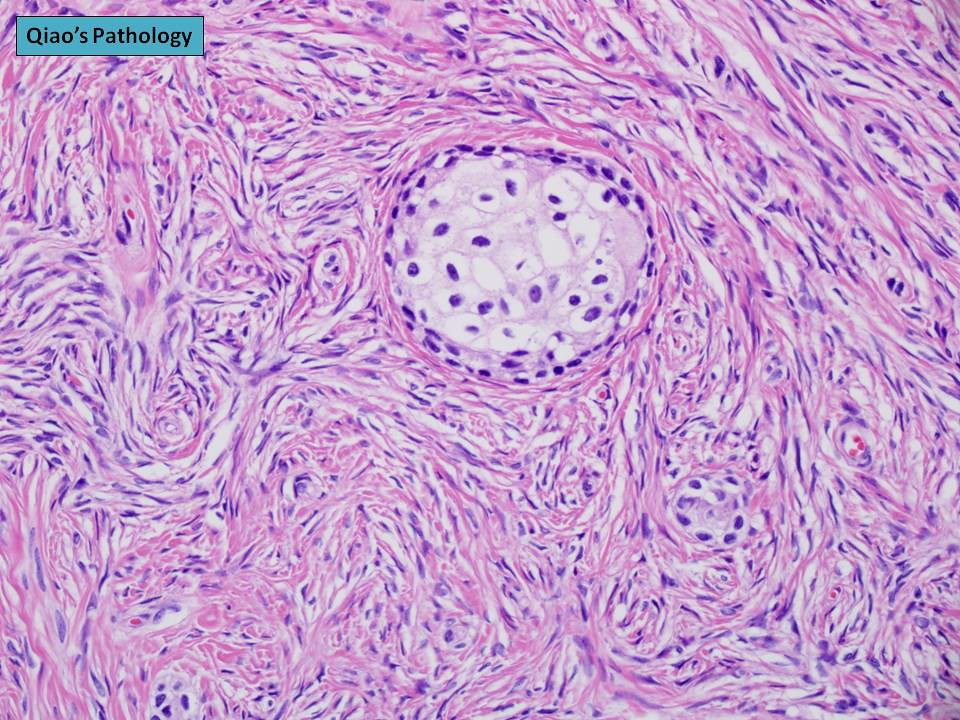Berner cancer is a rare form of cancer that affects a specific breed of dogs known as Bernese Mountain Dogs. This type of cancer can be aggressive and difficult to treat, making it important for owners of these dogs to be aware of the signs and symptoms to watch out for. Understanding the nature of Berner cancer can help pet owners take the necessary steps to ensure early detection and appropriate treatment for their beloved furry companions.
As a pet owner, it can be distressing to learn that your Bernese Mountain Dog has been diagnosed with berner cancer. However, arming yourself with knowledge about this disease can empower you to make informed decisions about your pet's care. From understanding the risk factors associated with Berner cancer to knowing the treatment options available, being well-informed can make a significant difference in your dog's prognosis.
In this article, we will delve into the world of Berner cancer, exploring the causes, symptoms, diagnosis, and treatment of this rare disease. By shedding light on this topic, we hope to raise awareness about Bernese Mountain Dogs' health issues and provide valuable information to pet owners facing this challenging situation.
What Are the Risk Factors for Berner Cancer?
Genetic Predisposition:
One of the primary risk factors for berner cancer is genetics. Bernese Mountain Dogs are known to have a higher predisposition to certain types of cancer, including histiocytic sarcoma, a common form of cancer in this breed. Understanding your dog's genetic background and any family history of cancer can help you assess their risk of developing Berner cancer.
Environmental Factors:
Exposure to certain environmental factors can also increase a Bernese Mountain Dog's risk of developing cancer. Carcinogens present in the environment, such as secondhand smoke, pesticides, and pollutants, can contribute to the development of cancer in dogs. Minimizing your pet's exposure to these harmful substances can help reduce their risk of developing Berner cancer.
What Are the Symptoms of Berner Cancer?
Unexplained Weight Loss:
One common symptom of berner cancer in Bernese Mountain Dogs is unexplained weight loss. If you notice that your dog is losing weight despite maintaining their regular diet, it could be a sign of an underlying health issue, such as cancer. Monitoring your pet's weight and seeking veterinary attention if you notice any significant changes is crucial for early detection and treatment.
Swelling or Lumps:
Another telltale sign of Berner cancer is the presence of swelling or lumps on your dog's body. These abnormal growths can be indicative of tumors associated with cancer. Regularly checking your pet for any unusual lumps or bumps and consulting with your veterinarian if you notice any changes can help catch Berner cancer in its early stages.
How Is Berner Cancer Diagnosed and Treated?
Diagnostic Procedures:
Diagnosing berner cancer in Bernese Mountain Dogs typically involves a combination of physical examinations, imaging tests, and biopsies. Your veterinarian may perform blood work, X-rays, ultrasounds, or tissue biopsies to confirm a cancer diagnosis and determine the extent of the disease.
Treatment Options:
The treatment of Berner cancer may vary depending on the type and stage of the disease. Common treatment options for this type of cancer include surgery, chemotherapy, radiation therapy, and immunotherapy. Your veterinarian will work with you to develop a customized treatment plan tailored to your dog's specific needs and overall health.
Exploring The Lives Of Dave Matthews Daughters
Ryen Russillo Net Worth: Exploring The Wealth Of The Renowned Sports Personality



ncG1vNJzZmirlaWutXrApqpsZpSetKrAwKWmnJ2Ro8CxrcKeqmebn6J8o7HRp5yrZZOWu6Sx0WefraWc